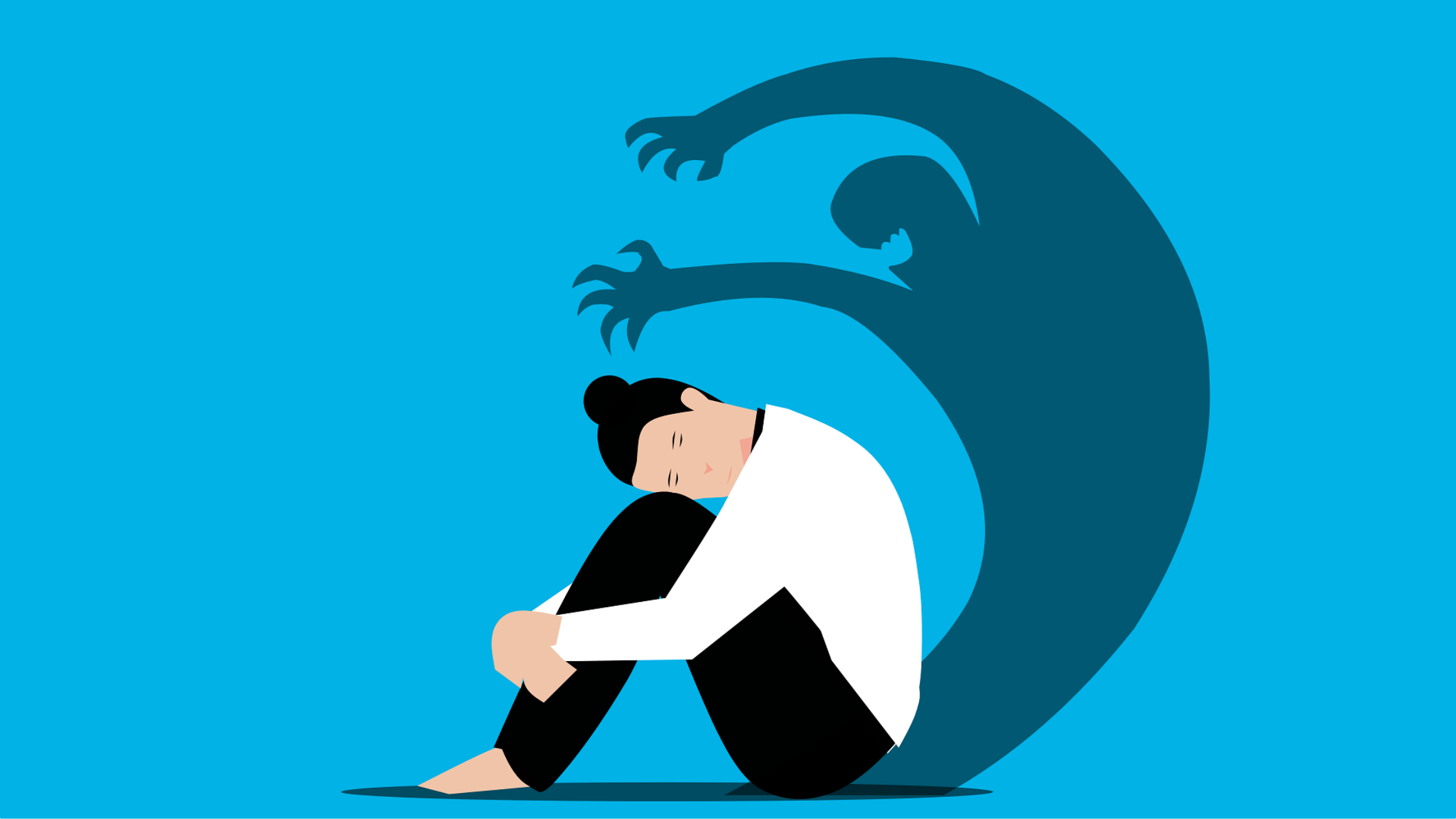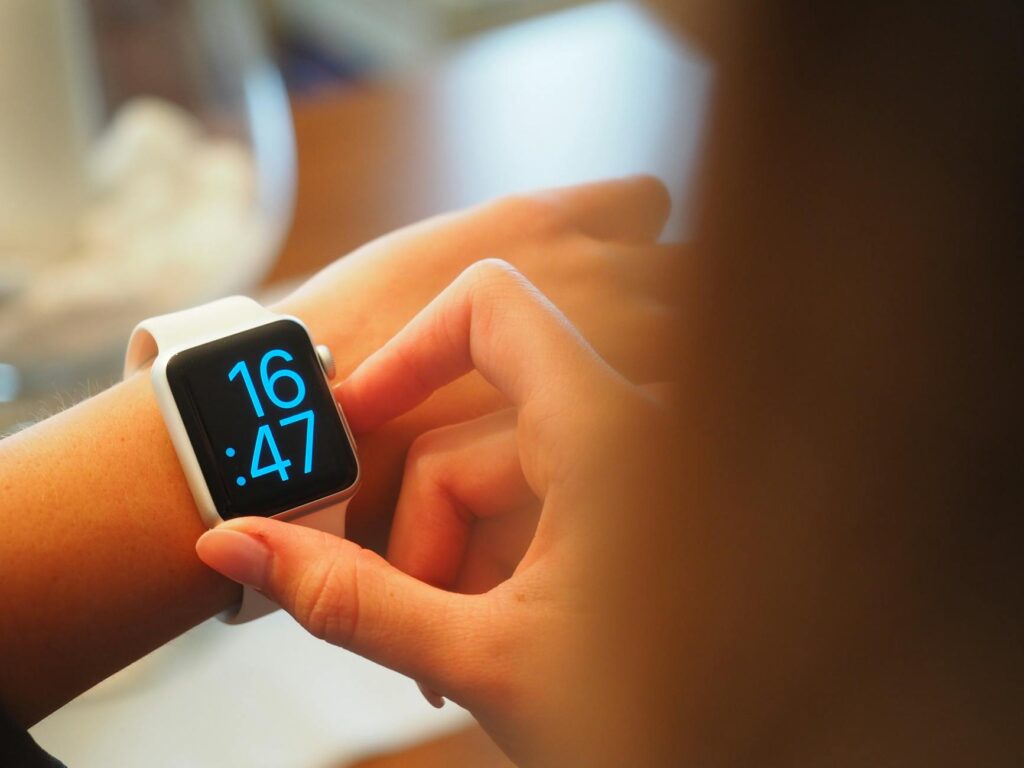Real Solutions from Real People: What’s Helping Warriors Thrive with Autoimmune Diseases
Managing autoimmune diseases is a unique and highly personal journey. Many people with autoimmune conditions seek ways to alleviate symptoms. They often aim to reach remission. Their strategies usually involve a combination of medication, diet changes, exercise, and lifestyle modifications.
We asked 84 autoimmune warriors for the top 3-5 things. What helped you put this in remission or lessen symptoms?
Here’s what they said:
Top 3 Strategies That Helped Achieve Remission or Symptom Relief
1. Dietary Changes (72% of Respondents)
- Gluten-Free and Dairy-Free: Many respondents shared that cutting out gluten and dairy was essential for symptom improvement. Others also reported eliminating sugar, nightshades, and processed foods as key to reducing flare-ups.
- Carnivore or Keto Diets: Some found success with high-fat, low-carb diets. Carnivore diets focus on animal-based foods. Ketogenic diets help reduce inflammation by lowering carb intake.
- Whole Foods and Organic Eating: Organic, whole food diets were common in responses. Eating natural, unprocessed foods without chemicals was emphasized by many as a fundamental lifestyle shift for long-term relief.
Chart 1: Top Dietary Strategies
| Strategy | Percentage of Respondents |
|---|---|
| Gluten-Free/Dairy-Free | 30% |
| Low-Carb/Keto/Carnivore | 25% |
| Organic/Whole Foods | 17% |
| Eliminate Processed Foods | 15% |
| Other (Specific Elimination Diets) | 13% |
Most Recommended Service to Help:
Misfits Market: An online grocery store with gluten-free, organic, and paleo-friendly foods. Get products delivered to your door at discounted prices.
2. Exercise and Movement (55% of Respondents)
- Low-Impact Exercise: Many individuals stressed the importance of daily movement, like walking, yoga, and light weightlifting.
Though exercise can be challenging during flare-ups, regular movement helps reduce stiffness and increase flexibility. - Restorative Exercises: Some people incorporate gentle stretches and breathing exercises to improve mobility and relax the body.
Chart 2: Most Common Types of Exercise
| Type of Exercise | Percentage of Respondents |
|---|---|
| Walking/Yoga | 40% |
| Strength Training (Light) | 30% |
| Stretching/Restorative Movement | 25% |
| High-Intensity Workouts | 5% |
5-Minute Rule: If you’re feeling low-energy, commit to just 5 minutes of exercise. This small step often leads to longer movement sessions.
Habit Stacking: Combine movement with other habits. Try stretching while watching TV. Do a quick yoga routine after brushing your teeth.
“Deskercise”: Incorporate stretching and mini-workouts into your workday to avoid long periods of sitting.
3. Medication and Supplements (45% of Respondents)
- Medications: Many participants mentioned that medications were necessary to reach a functional state in daily life. This includes biologics and disease-modifying antirheumatic drugs (DMARDs). Medication combinations vary by individual needs.
- Supplements: Supplements, particularly vitamin D, probiotics, and turmeric, were cited as crucial additions. Many individuals with autoimmune conditions report a noticeable improvement in symptoms when taking these supplements regularly.
Chart 3: Common Supplements Mentioned
| Supplement | Percentage of Respondents |
|---|---|
| Vitamin D | 40% |
| Probiotics | 30% |
| Turmeric | 20% |
| Other (Magnesium, B12, etc.) | 10% |
1. Pill Organizers: Use a weekly pill organizer to streamline medication and supplement intake.
2. Set Alarms: Use phone alarms or reminders to stay consistent with your medication schedule.
3. Keep It Visible: Store your meds in a visible spot. This could be next to your toothbrush. This will help you remember to take them.
Other Noteworthy Insights
While diet, exercise, and medications were the top three factors, several other strategies stood out in the responses:
- Tracking and Journaling: Tracking food intake, symptoms, and mood helped them pinpoint specific triggers. This approach was handy for people experimenting with elimination diets or trying new supplements.
- Sleep and Rest: Consistent, restorative sleep was another common theme. Some individuals noted that improving their sleep quality was critical in managing their symptoms.
- Digital Detox: Schedule phone-free time each day to reduce overwhelm.
- Mindful Moments: Set a reminder to take 1-minute “mindfulness breaks” throughout the day.
Embrace Your Personalized Approach
As you can see, there’s no one-size-fits-all solution for managing autoimmune diseases.
Each individual’s journey to symptom relief or remission is highly personal and often requires various approaches.
Dietary changes, exercise, and the use of medications and supplements are common themes. They point to a holistic approach to managing autoimmune symptoms.
Experiment with these strategies and track what works best for your body.
The journey may not be quick or easy. Yet, with persistence and patience, many, including myself, have found effective ways to lessen their symptoms.
We’d love to hear from you if you have your own journey to share. Drop us a note!
-Karin
Disclaimer: These tools do not replace the advice of a health care professional; if you have concerns about your health, please consult a health care professional.

 Karin W
Karin W 















